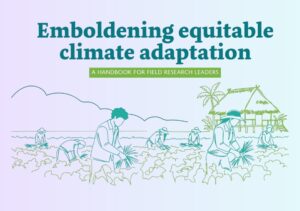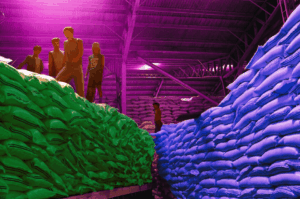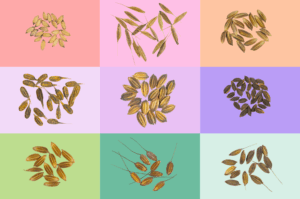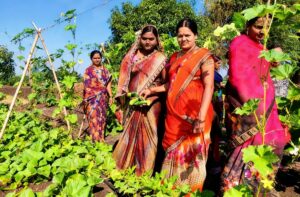Thailand’s rice exports in the first six months of 2022 rose by more than 56% to 3.50 million tons valued at USD 1.7 billion in revenue.
Industry experts say the country’s rice export for the year will reach between 7 million and 7.5 million tons making it the second biggest rice exporter after India and ahead of Vietnam.
Read the story @The Nation Thailand
More on Thailand’s rice sector:
Thailand welcomes One CGIAR, seeks more rice research collaboration
Deputy Permanent Secretary Rapibhat Chandarasrivongs of Thailand’s Ministry of Agriculture and Cooperative welcomed the newly formed One CGIAR in a meeting between representatives of the Thai government and IRRI. During the meeting, Mr. Chandarasrivongs expressed hope that the new arrangement will bring more resources to agricultural research. The four areas that Thailand would like to seek more support from IRRI in the future are strengthening the training center in Suphanburi to be a regional training hub, creating a gene bank network in the Mekong Region, developing a Rice Storage Network to complement the ASEAN Plus Three Emergency Rice Reserve mechanism, and developing technologies for soil remediation and sustainable soil health restoration.
The spillover effect of direct competition between marketing cooperatives and private intermediaries: Evidence from the Thai rice value chain
In this paper, we address the endogeneity issue by using the instrumental variables approach to estimate the spillover effect of marketing cooperatives in rice value chains in Thailand. The Thai Jasmine rice value chain provides a critical case study because, since 2014, the Thai government has shifted rice policies from direct market intervention to the empowerment of farmer organizations in rice value chains.
The SRP in Thailand: Better grain quality, higher incomes, lower production costs, and increased productivity
Thailand’s Rice Department, Better Rice Initiative Asia Thailand, OLAM International, and Bayer Thai Co. Ltd. initiated pilot testing for the Sustainable Rice Platform (SRP) standard with farmer groups in Ubon Ratchathani Province in the northeast of the country. During pilot testing, farmers received benefits, including free training from experts, helping them to produce more sustainable rice, which will create a massive impact within the region. Moreover, the paddies have better grain quality since the farmers received close advisory support from the experts, including facilitating the organization of a harvesting plan with certain service providers for harvesting.











Most of Thailand’s Central provinces are where Thai jasmine rice, also known as Thai fragrant rice, is farmed. Thai Fragrant Rice is of high quality, has a sweet flavor, and has a smooth texture.